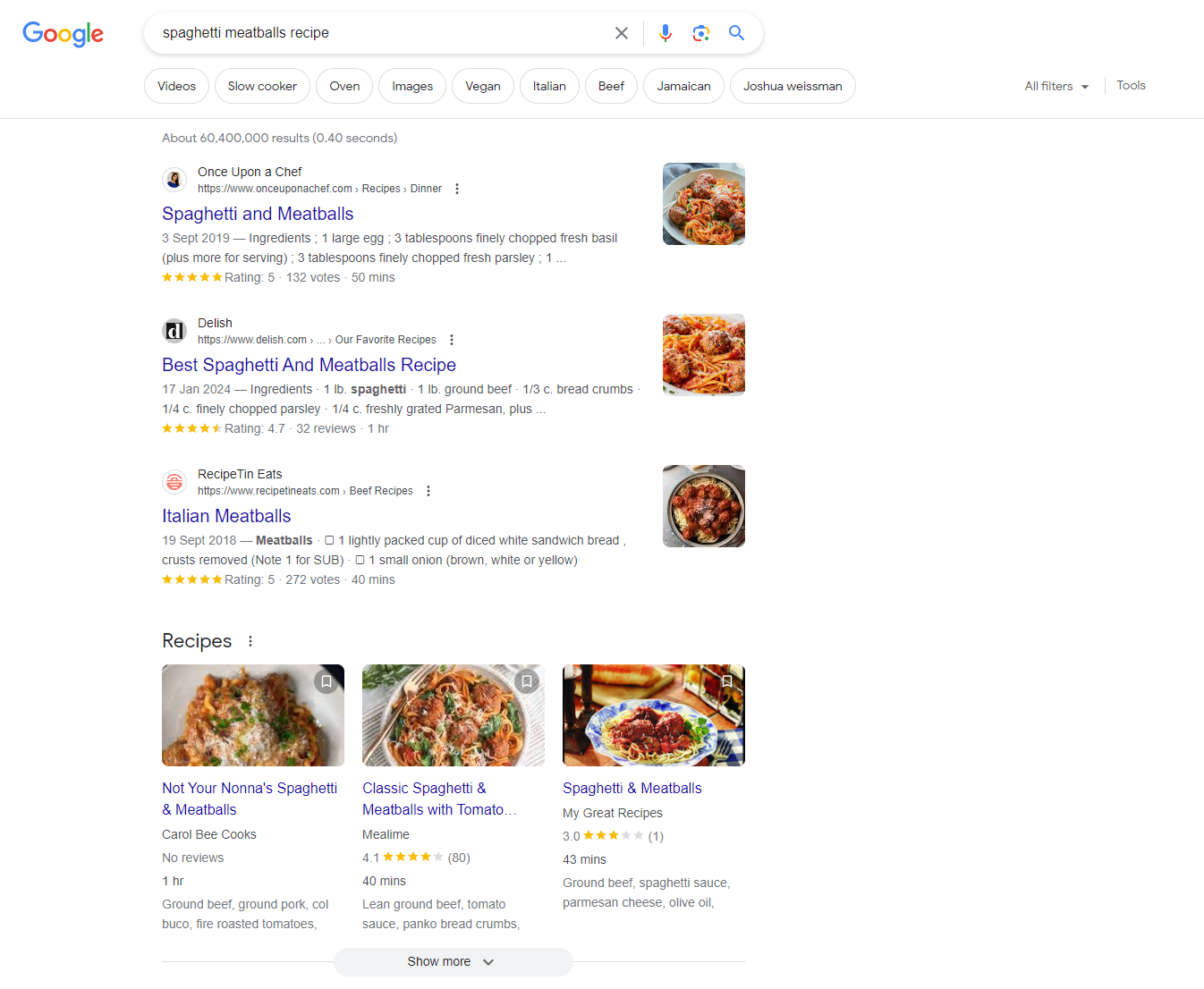Meta tags: what you need to know for SEO
There are many tools available to check a website's SEO ranking and provide recommendations on improving Google search rankings.

What are meta tags anyway?

Meta tags provide information about a web page to search engines and browsers, helping them understand its content and context, which can impact how the page is indexed and displayed in search results.
Where do you find them? Well, these tags are placed in the head section of a page and are not visible to users. You can see them, however, by right-clicking on any web page and selecting "View Page Source" from the context menu.
How do meta tags affect search results?
While Google uses a complex algorithm that considers numerous factors, including content relevance, user experience, and backlinks, meta tags provide specific information to help Google understand and present your page appropriately. Here's how some key meta tags can affect Google search results:
Title meta tag
The title tag is crucial as it is often the clickable link in search results. A compelling and relevant title that accurately represents the page's content can improve click-through rates. Google may use the title tag as a significant factor in determining the relevance of a page to a user's search query.
Meta description
While not a direct ranking factor, the meta description summarizes the page's content. It is displayed in the search results as a snippet below the title. A well-crafted meta description can encourage users to click on your link, potentially improving click-through rates.
Meta robots
The meta robots tag controls how search engines index and crawl a page. Using directives like "noindex"" or "nofollow" can influence whether Google indexes the page or follows links on the page.
Viewport
The viewport meta tag is used to control the layout and scaling of a webpage on different devices, particularly on mobile. It helps ensure the webpage is displayed correctly and is user-friendly across various screen sizes and resolutions. Google considers mobile-friendliness a ranking factor and a well-optimized mobile experience can positively impact search rankings, especially on mobile devices.
Structured data markup

Structured data markup provides a standardized way of conveying information about web content, for example, a person, an event, a product or recipe.
Google provides an excellent introduction to structured data markup that you can use for your specialized content pages to generate rich snippets in search results.
Ready to start your digital business card journey?
Join the platform trusted by industry leaders and instantly share who you are with anyone, anywhere.



